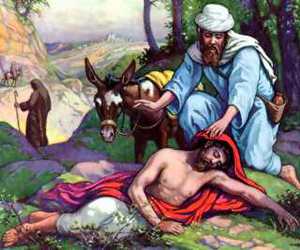Prosocial Behavior

The term prosocial behavior describes acts that demonstrate a sense of empathy, caring, and ethics, including sharing, cooperating, helping others, generosity, praising, complying, telling the truth, defending others, supporting others with warmth and affection, nurturing and guiding, and even the altruistic act of risking one's life to warn or aid another. Because many of these behaviors are found in a variety of other animal species, and some appear early in human infancy, their source is believed to be at least partly genetic. Additional sources of influence are suggested by the hundreds of studies that reveal age-related increases in the production of human prosocial acts that parallel increases in moral reasoning, the ability to see the perspective of others, and experiencing and showing emotional concern. Adults and peers can also increase the degree of a child's prosocial behavior by modeling and labeling it, discussing, and rewarding it when it appears in the child's actions. Differences in temperament, personal experiences, cultural expectations, and the nature of the situation also influence children' prosocial behavior.
See also: ALTRUISM; SOCIAL DEVELOPMENT
Bibliography
Berk, Laura. Child Development, 5th edition. Boston: Allyn and Bacon, 2000.
Eisenberg, Nancy, and Richard Fabes. "Prosocial Development."In Handbook of Child Psychology, Vol. 3: Social, Emotional, and Personality Development, 5th edition, edited by William Damon. New York: John Wiley and Sons, 1998.
Honig, Alice, and D. S. Wittmer. "Helping Children Become More Prosocial: Ideas for Classrooms, Families, Schools, and Communities." Young Children 51 (1996):62-70.
Vasta, Ross, Marshall Haith, and Scott Miller. Child Psychology: The Modern Science, 3rd edition. New York: John Wiley and Sons, 1999.
Edward J. Forbes III
Additional topics
- Puberty
- Preschool - History And Demographics, Program Differences, Impact Of The Preschool Experience, Developmentally Appropriate Practices, Cultural Variations
- Other Free Encyclopedias